News
Private sector finance for development - pitfalls and opportunities
Ambitious countries are putting in place platforms for attracting finance and developing projects. Aided by blended finance, the results are encouraging: losses on long-term investments in publicly-su...
Published on

Blended finance should be seen as a success
The FFD4 conference in Seville should avoid both unrealistic optimism and unwarranted negativity about blended finance. It is not a magic wand, it is a tool that enables DFIs to make more high impact...
Published on

Journey without Maps
Radical uncertainty in geopolitics and geoeconomics is set to increase, along with risks of crises – and the global community’s mitigating capacity is diminished. In a world without a global balance o...
Published on

Assessment and outlook for DFI initiatives: towards greater efficiency ?
Over the past decade, health, climate and geopolitical challenges have increased exponentially. In response, Europe’s development finance institutions (DFIs) have stepped up their cooperation and anch...
Published on

Enhancing water security in Africa : Metito’s mission in action
Metito, a leader in water management solutions, has addressed water scarcity across Africa since its founding in 1958. Specializing in desalination, wastewater treatment, water reuse, and industrial s...
Published on

Drinking water for rural and semi-urban areas in Africa: the need for private sector involvement
The drinking water sector in semi-urban and rural Africa has long been considered unprofitable and has not attracted the interest of the private sector. However, over 50% of the continent's population...
Published on

Non-Revenue Water is water wasted - is resource wasted
About a third of the world’s drinking water supplied to water utilities is lost before it reaches any users. This loss, referred to as Non-Revenue Water (NRW), is the most crucial metric in the manage...
Published on

Improving water service quality in Cambodia by facilitating access to credit
Between 2010 and 2019, AFD, with the help of the European Union, designed and implemented a project to unlock access to finance for Cambodian private entrepreneurs. Comprising a subsidized line of cre...
Published on

Getting it right: private sector participation in the water sector
Attracting private sector participation to the water sector is key to achieving the Sustainable Development Goals (SDGs). Successful experiences abound, as described in this issue. However, as investm...
Published on

Financing MSMEs in crisis situations: ACME’s experience in Haiti
It is essential to continue supporting micro, small and medium enterprises (MSMEs) in conflict zones, as they create both jobs and wealth however, credit financing means that financial institutions h...
Published on

FISEA: venture capital for fragile countries
Facilité d’Investissement et de Soutien aux Entreprises en Afrique (FISEA - Facility for investing in and supporting African business) is one of the first venture capital investment initiatives set up...
Published on
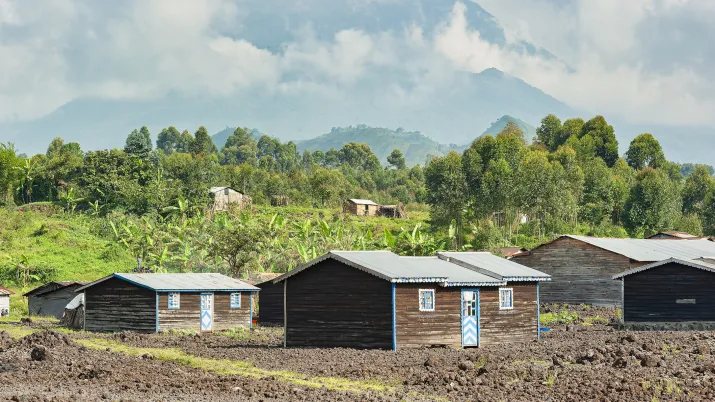
How to invest responsibly in fragile and conflict-affected settings?
Fragile and Conflict-affected Settings (FCS) may be characterized by illegal armed groups, organized crime and violence, ethnic and sectarian tensions, inapt land tenure regimes, corruption, and inter...
Published on
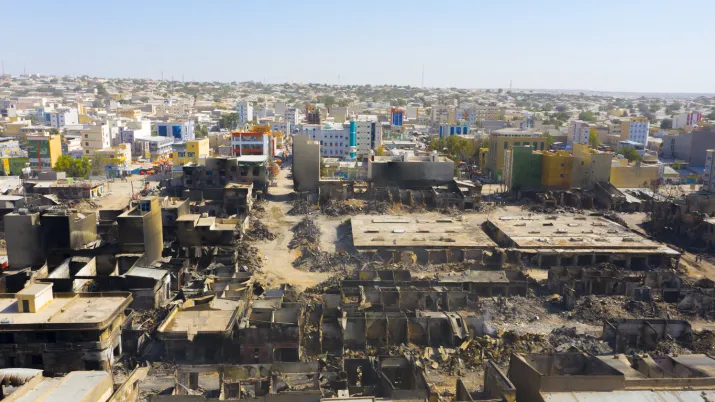
The ARIA initiative: enabling DFIs to extend their vital role to Africa’s frontier markets
Development finance across Africa is unevenly distributed, with 25 of its smallest economies receiving only 4% of investments since 2010. Yet, the Africa Resilience Investment Accelerator initiative (...
Published on
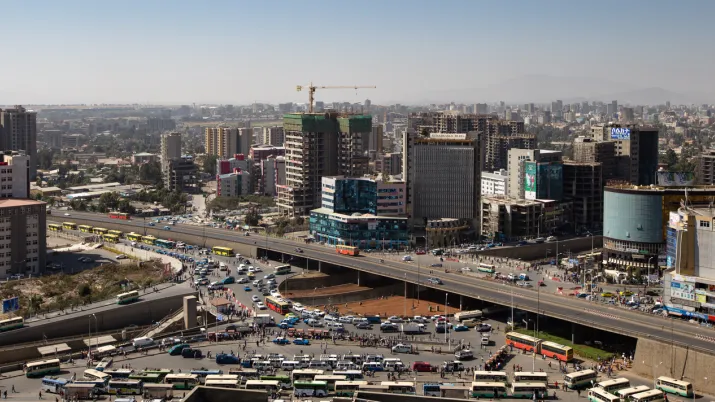
The challenge of energy supply and energy bills in fragile countries: the example of Nigeria
Fragile countries like Nigeria have to contend with a high level of energy insecurity - a result of their many social, economic, security and health challenges. Energy supply solutions are limited for...
Published on
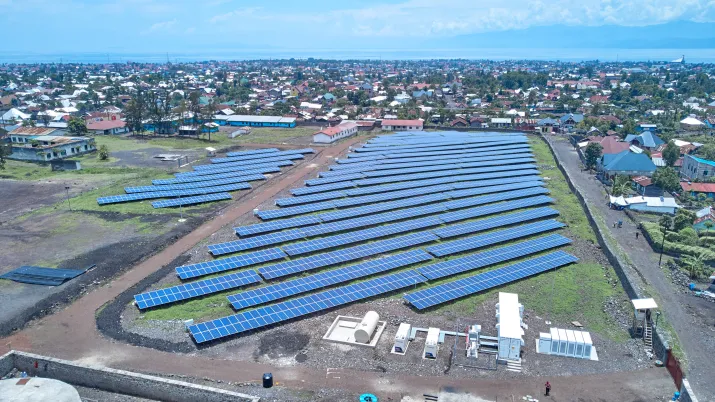
Development finance institutions: how to operate in fragile countries?
Development finance institutions (DFIs) are increasingly called to invest in fragile countries, facing a diversity of challenges linked to security, economic and environmental issues. The private sect...
Published on
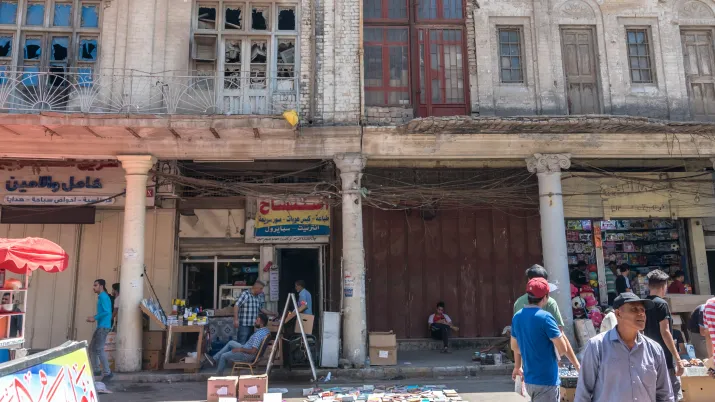
Tackling the dual challenge of urbanisation: support from the private sector
All twenty-first century cities have to both meet the essential needs of their populations and adapt to the effects of climate change. In emerging countries, this dual challenge is being exacerbated b...
Published on
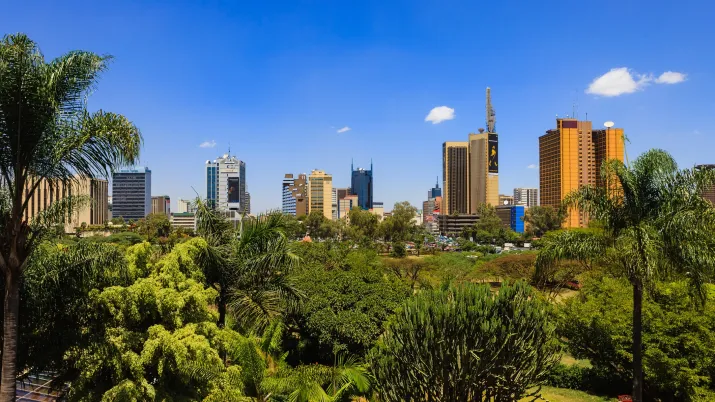
Project preparation funds: an effective solution for unlocking investment in sustainable infrastructure in Afr...
Financing of essential local services and sustainable infrastructure in African cities is not sufficient to meet current demand. Project preparation funds can provide both preliminary technical assist...
Published on
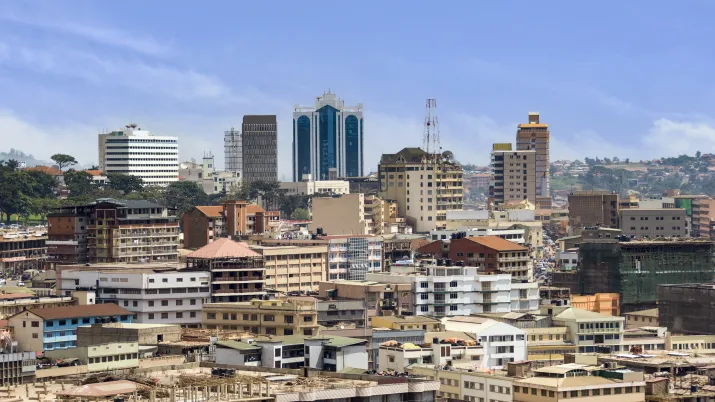
Accelerating the green transformation of cities: role of the private sector
The UN estimates that cities are responsible for 75 percent of global CO2 emissions. If we are to have any hope of keeping to the Paris Agreement and limiting global heating to 1.5 degrees then it’s w...
Published on

Public policies, essential to the development of agri-food sectors
In sub-Saharan Africa, the development of high-performance agri-food chains will be contingent on stronger smallholder farms. Training, advice, financing of agriculture, supply chain structuring and c...
Published on
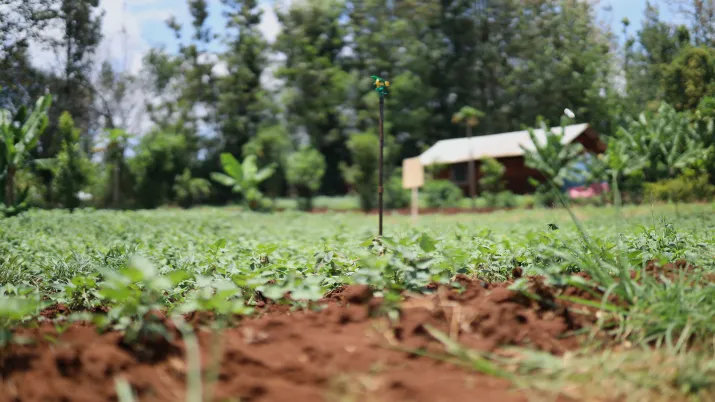
Collaborating to accelerate investment in climate adaptation and resilience
While there is an urgent need to step up action on climate adaptation, the action is not in step with the need. This is especially true of the required financing, particularly from the private sector....
Published on

